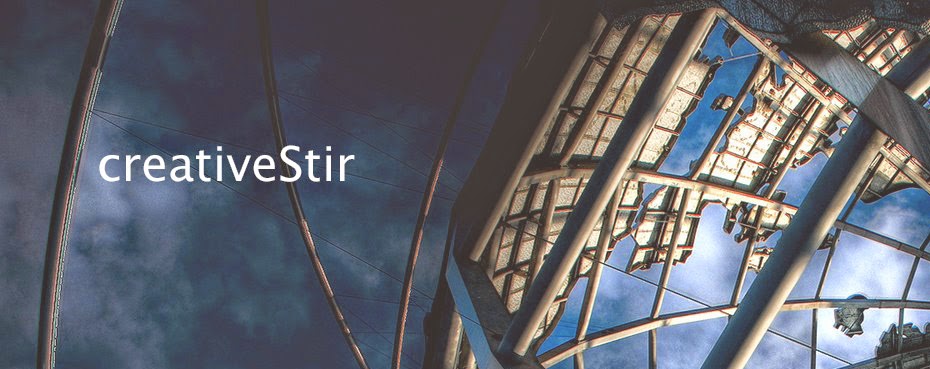At long last, I've been looking through notes from #EduCon 2015 in January, and recently on a session facilitated by Jose Vilson and Rafranz Davis (filling in for Audrey Watters) called The Privileged Voices in Education. The discussion turned in that session toward something I've been discussing in schools for some time...
If you look over a standard high school literary curriculum you'll find...
- Romeo and Juliet
- Macbeth
- Adventures of Huckleberry Finn
- Of Mice and Men
- Julius Ceasar
- To Kill a Mockingbird
- Lord of the Flies
- The Scarlet Letter
- Hamlet
- The Great Gatsby
One thing stands out... they are great books.
Two more things do too... they are authored by white (1) men (2).
As I researched this more around the web it's been written about a lot and discussed a lot. Many have posted variances of that list.
Don't get me wrong, the books on the list above are great books. But... what if we helped many more students identify with a wider, more diverse array of authors as part of required courses and not electives?
What if we...
- Required more ethnic and gender diversity
- Encouraged more teacher and student choice by 'what resonates'
and we asked for...
- more reading and reflective discussions on topics of social justice?
Here are a few examples I've seen some schools require as I've looked about:
- Not Without Laughter, Langston Hughes
- Collected Poems of Langston Hughes, Langston Hughes
- Invisible Man, Ralph Ellison
- House of Spirits, Isabella Allende
- Chronicle of Death Foretold, Gabriel Garcia Marquez
- The Famished Road, Ben Okri
- America is in the Heart, Carlos Bulosan
- The Bluest Eye, Toni Morrison
- If on a Winter's Night a Traveler, Italo Calvino
- Makes me Wanna Holler, Nathan McCall
- For Colored Girls Who Have Considered Suicide/When the Rainbow is Enuf, Notzake Shange
- Assata, Assata Shakur
- Half of a Yellow Sun, Chimamanda Ngozi Adichie
The plight of Native American Indians? Immigrants coming to the United States?
I'd love to hear recommendations for others to include in this list.
I've had many discussions on this over the years. Some say that more diversity should be introduced into 'the classics.' Some others say that classics should stay as is and another course should be required introducing more diversity.
Regardless, there's got to be a better balance.
Traditions often get in the way of need.
 |
| from The Transition Network, Washington, DC |
My upbringing consisted of mostly white, male authors. Star Trek, the original show, was the first shift to introduce any diversity discussions into my life. From there I challenged myself to step outside that mostly white, and male writer genre was I able to see the world in far broader terms. I did learn some great lessons there with the encouragement of some very good teachers.
It's clear we need more challenging and thought provoking discussions on equity of all kinds.
It's time for more discussions in education on white privilege, racism, hate, oppression, and gender equity and the call toward social justice.
Perhaps this is a good way toward these conversations, and perhaps not. I'd love to hear your ideas.
So... is your school having discussions on this topic? Are you / is your school rethinking the time we spend on traditional 'classics?'' How is your school promoting more discussions on diversity, social justice in literacy?
What if more schools truly made greater strides to promote diversity... beyond Martin Luther King Day, and 'Black History Month?' What if promoting social justice was a core value in schools?
It's tough for some schools and teachers to take this on. Its uncomfortable. It requires discussions that are open, honest, challenging... and ongoing. And that's just what we need.
I certainly don't feel like I don't have the answers... but I'm getting involved more deeply in the discussion and hoping got push ideas forward.
If you have references for places / people who've changed this practice, please do send them my way. Add a comment to this post or send me an email. I'd love to speak with them.
<<<
Links to the full 'What Are We Teaching and Why? series:
8. Start overhauling tired learning spaces
7. #educolor and literary choices
6. Positive ripples of student choice
5. Common roadblocks
4. Student pursuing their interests
3. The Other Math
2. Rethinking Math Requirements
1. AP Classes

